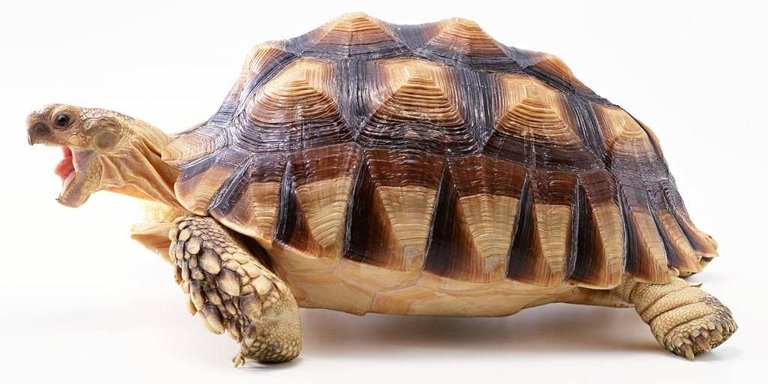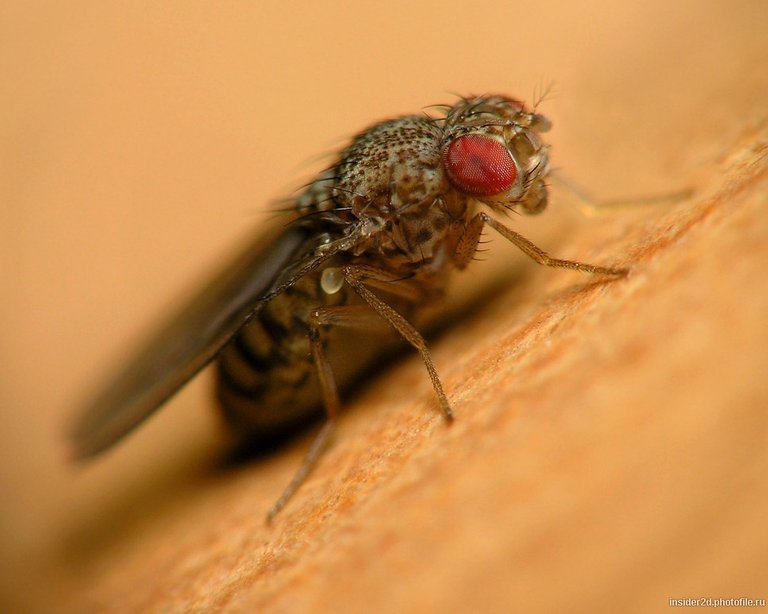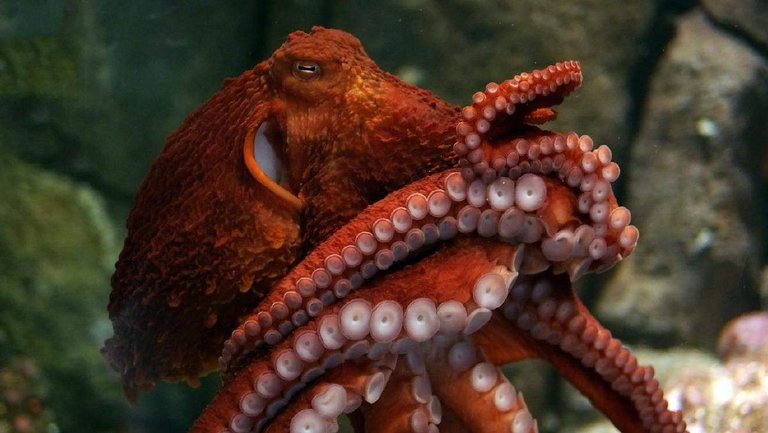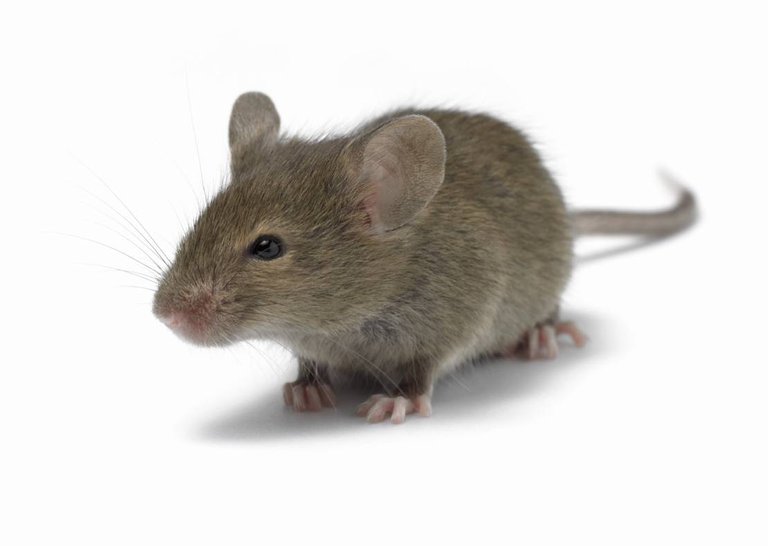The life of each being on our planet is sometimes interrupted. With this cycle, nothing can be done. But there are also such organisms that are not going to part with life so easily. Today you will learn which creeping creatures still retain the killer's reflex - even after death. And before you become really scared, put like that;)
Turtle
In some parts of our vast planet, turtle meat is considered a delicacy and eaten. It was these tortoises that first noticed that the heart of a reptile refuses to stop beating, even being separated from the body. It beats in your hands ... and does not stop for many hours. This is due to the fact that in the body of the turtle there are special cells that are responsible for cardiac function. The heart obeys these nerve cells, not the brain. Directly when it is separated from the rest of the body, it does not seem to realize that it is dead and can, perhaps, fight more slowly than usual.
Is not it sad? Turtles are so strong survivors that they can spend 5,000 hours under water, not surfacing behind a breath of oxygen. In this case, their heart also functions, thanks to special nerve cells.
Fruit fly
Fruit fly is one of the most annoying insects that are bugging in our house. It was difficult to expect that they could be interesting from the point of view of science. But scientists have proved that females of fruit flies continue to function for several days after decapitation. They crawl, fly and sleep, like an ordinary fly having a head! Changes only concern their relationship to males, they perceive them as outsiders and do not want to come into contact. Perhaps headless flies would live longer, but they die because they can not eat food and water.
Octopus
If your friends have ever traveled to South Korea, then they, for sure, during the visit to the restaurant laid out a video of their plates, in which ... the cut octopus tentacles moved. They continue to move as long as they are chewed, you need to chew them very carefully so that they do not move in your larynx and esophagus. This strange phenomenon is due to the fact that the parts of the body of the octopus do not obey the central brain, as in man, but have their own consciousness and reflexes, and half of the neurons are located in the tentacles. They continue to react to touching after another hour after separation from the body. Studies have even proved that the tentacles move for a reason, they try to grab food, which the octopus will swallow. If it lasted longer than one hour, the octopus would become the character of one of Stephen King's stories.
Mouse
Studies conducted at the University of Washington showed that in the mouse, life processes are still occurring even after it is killed. A day after death, as many as 515 genes continued their activity, and in full force. After 96 hours, the level of ribo-nucleic acid, which is responsible for the activity of the genes, was still very high. What is also unique is that the genes functioned as if the body resisted a great deal of stress and tried to survive. Some genes, passive throughout life, were activated after death. Fortunately zombie mice, at least, do not hunt humans.




I upvoted your post.
Mabuhay, keep steeming.
@Filipino
Posted using https://Steeming.com condenser site.